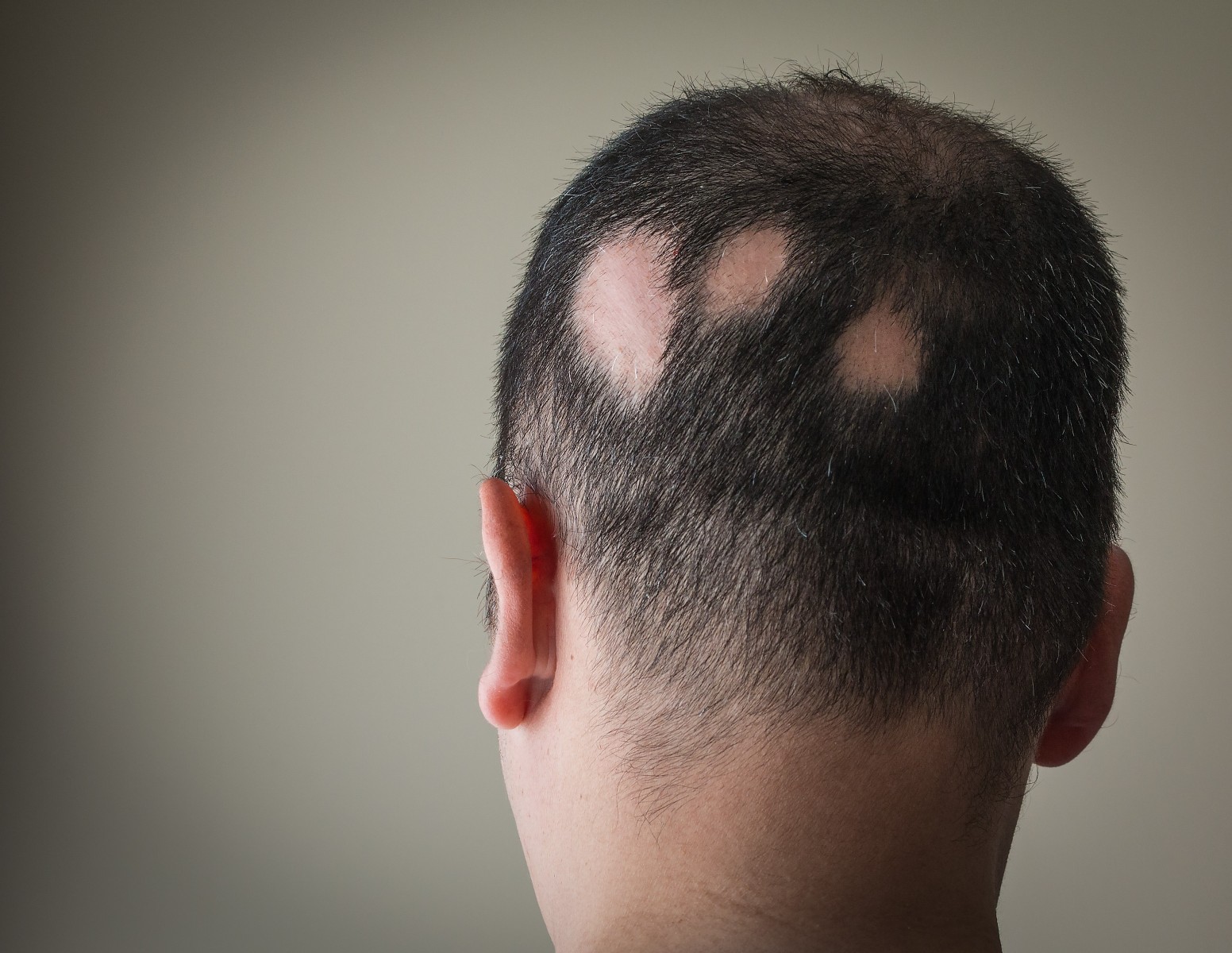Alopecia: Still in the Spotlight

It’s been nearly 10 months since actor Will Smith’s slap of Chris Rock at the 2022 Academy Awards made everyone more aware of alopecia areata which his wife, Jada Pinkett Smith, lives with.
Time hasn’t lessened the attention. Recently, actress Ashley Tisdale revealed she struggles with the autoimmune disorder. Now 37, Tisdale was diagnosed in her early 20s after noticing a bald spot along her hairline. The High School Musical star didn’t say which specific type of alopecia she has, but says her condition gets worse with stress. Her hair has, to this point, always grown back as she manages her stress through things like meditation.
Alopecia areata, which is the most common form of the disease, affects nearly 2-percent of the population at some point in their lifetime, or nearly 7 million people in the United States, according to the National Alopecia Areata Foundation.
"Hair loss is normal. There's a certain amount of hair loss everybody has. Our hair grows at a similar rate, so we maintain a certain amount of hair,” explains Mark Meeker, D.O., a physician for OSF HealthCare. “As we age, there's androgenic hair loss, we lose more hair than we grow. That's male pattern baldness, for example. Even female pattern baldness that's very genetically driven by your parents and ancestors. And then there's other premature types of hair loss that really get alarming. And that's what she's dealing with, alopecia areata.”
Alopecia areata is an auto-immune disease that develops when the body attacks its own hair follicles and can cause hair loss anywhere on the body. Many people who develop alopecia areata have a bald patch on their scalp with the hair loss being unpredictable.
According to the American Academy of Dermatology Association (AAD), most people develop it during childhood or their teenage years. About half will regrow the hair, but it is also possible for someone to have unpredictable cycles of hair loss and regrowth for years.
Jada Pinkett-Smith chose to address the issue head-on by shaving her head.
Over the course of his 30-year career, Dr. Meeker has treated cases of more than one type of sudden hair loss, including alopecia.
“It's not real common but it's not uncommon either. I think are somewhere around 6.7 million cases a year in the United States so it's something people are aware of. Most of us know somebody that's had a hair problem,” according to Dr. Meeker. “We don't know exactly what triggers it, but for some reason our white blood cells attack the hair follicles and cause either damaged hair or damaged follicles and you get a patch of baldness. It can grow back and then it can come back. It's very unpredictable and that's part of the emotional distress of this is you don't know what's going to happen.”
There is ongoing research around alopecia areata, much of it focusing on developing effective treatments. If you suffer from any type of hair loss the most important thing, according to Dr. Meeker, is to see a doctor for a proper diagnosis.
“So the first thing - if you're concerned about hair loss - is to get a diagnosis. Most time they're benign. Most of the time there's nothing specific to do. But if it's severe enough or distressing enough, there are some treatments that we can try. On the other hand, hair loss can come from other things like a serious illness or a vitamin deficiency. So, the accurate diagnosis I really think is the most important thing.”

